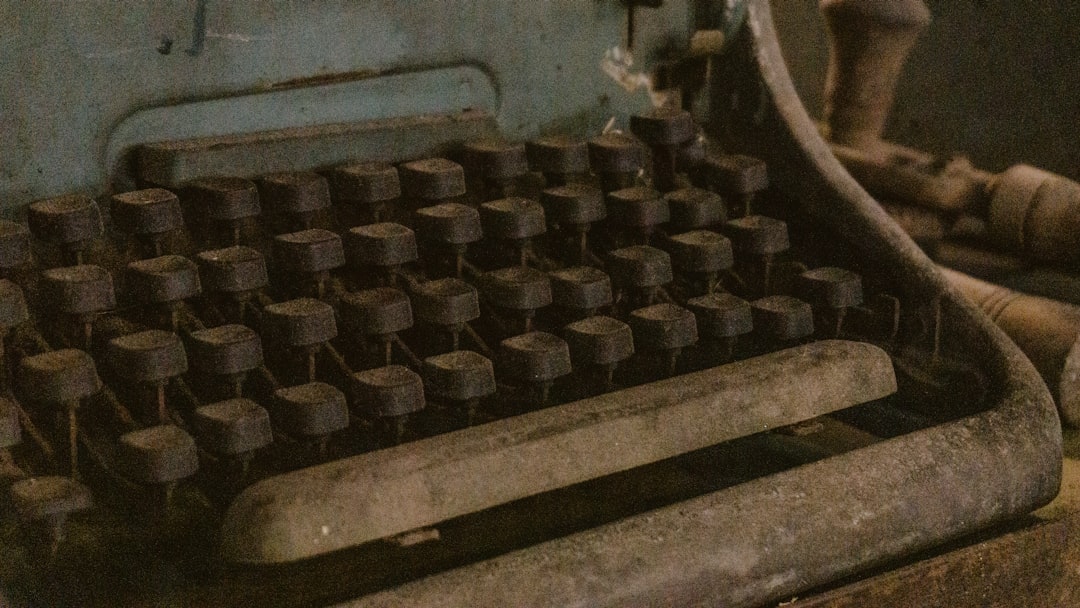Corrugated Iron Roofing Sheet Machine Price Guide (2025): What You Need to Know Before Buying
- Share
- Issue Time
- Jul 15,2025
Summary
This comprehensive guide breaks down the cost of corrugated iron roofing sheet making machines, with prices ranging from $4,500 for basic models to over $220,000 for advanced systems. We explore the key factors that influence the final price, such as automation level, production capacity, material quality, and manufacturer reputation. Understand the technology, compare machine types, and learn what to consider to ensure you get the best return on your investment. This article is essential readin


Investing in a corrugated iron roofing sheet making machine is a significant decision for any business in the construction and manufacturing sectors. With a wide range of models and prices, it can be challenging to determine which machine offers the best value. Prices can span from a few thousand dollars for a simple manual machine to hundreds of thousands for a fully automated, high-capacity production line. This guide provides a detailed analysis of the factors that determine the cost, helping you make an informed and strategic purchase.
Understanding the Price Range: From Basic to Advanced
The price of a corrugated iron roofing sheet making machine varies dramatically based on its capabilities and features. On the lower end, you can find basic, manual machines for as little as $4,500 to $8,000. These are typically suitable for small-scale operations with lower production demands. Mid-range, semi-automatic machines often fall between $15,000 and $50,000. For large-scale industrial operations, fully automated, high-output systems can range from $60,000 to over $220,000.
It's important to understand that the initial purchase price is just one part of the total investment. Long-term operational savings, reduced labor costs, and higher efficiency from more expensive, automated machines can often justify the higher upfront cost.
Key Factors Influencing Machine Price
Several critical factors contribute to the final cost of the machine. Understanding these will allow you to better assess quotes from manufacturers and choose a machine that fits both your budget and production needs.
1. Automation and Technology Level
This is one of the most significant price drivers. A manual machine requires operators for feeding, cutting, and handling, making it slower and more labor-intensive. In contrast, a fully automatic machine integrated with a PLC (Programmable Logic Controller) and CNC (Computer Numerical Control) system can automate the entire process from decoiling to cutting and stacking. These advanced systems offer higher precision, reduce material waste by up to 18%, and can increase efficiency by over 50%, but come at a premium.
2. Production Capacity and Speed
The machine's output, often measured in meters or sheets per minute, directly impacts the price. A machine designed for low-volume production might produce 8-10 meters per minute, while high-speed models can exceed 40 sheets per minute. Businesses must evaluate their current and future production needs to select a machine with the appropriate capacity.
3. Build Quality and Materials
The quality of the components used in construction affects both the price and the machine's lifespan. Key components to check include:
- Rollers: High-quality 45# steel, treated with chrome plating for hardness and a smooth finish, is a sign of a durable machine.
- Frame: A robust frame made from H-beam steel ensures stability and longevity.
- Cutting Blade: Blades made from high-grade steel like Cr12 ensure clean cuts and have a longer service life.
A well-constructed machine minimizes downtime and maintenance costs, leading to a better long-term return on investment.

4. Manufacturer Reputation and After-Sales Support
Established manufacturers with a strong reputation for quality and reliability often charge more for their machines. However, this higher price frequently includes better warranties, reliable after-sales support, installation services, and readily available spare parts. This support is crucial for minimizing a production line's downtime. Some suppliers may charge extra for installation and training, so it's essential to clarify these details.
5. Customization and Machine Specifications
Standard machines are more affordable, but many operations require customization. Options that can increase the price include:
- Profile Types: Machines capable of producing multiple roofing profiles (e.g., corrugated, IBR, trapezoidal) are more expensive.
- Material Compatibility: The ability to handle different material thicknesses (e.g., 0.3mm to 1.2mm) can affect the cost.
- Additional Modules: Optional features like automatic coating systems or hydraulic decoilers can add thousands to the price.
New vs. Used Machines: A Cost-Benefit Analysis
Purchasing a used machine can be a cost-effective entry point into the market. A used machine can still be profitable and may have a lifespan of 15-20 years with proper maintenance. However, buyers should carefully inspect the machine's condition, check the maintenance history, and ensure that spare parts are still available. While the initial cost is lower, the risk of higher maintenance costs and potential downtime is greater compared to a new machine with a warranty.
Geographic Location and Final Cost
Where you buy from and where the machine is being shipped to will also impact the final price. Shipping costs, import duties, and regional taxes can add a significant amount to the base price. For instance, high tariffs in North America can increase the final price by up to 30%. Sourcing from manufacturers in regions like Southeast Asia might offer more competitive pricing.
In conclusion, the price of a corrugated iron roofing sheet making machine is not a simple number but a reflection of its capabilities, durability, and the support that comes with it. By carefully evaluating factors like automation, production capacity, build quality, and after-sales service, you can select a machine that not only fits your budget but also serves as a profitable long-term asset for your business.